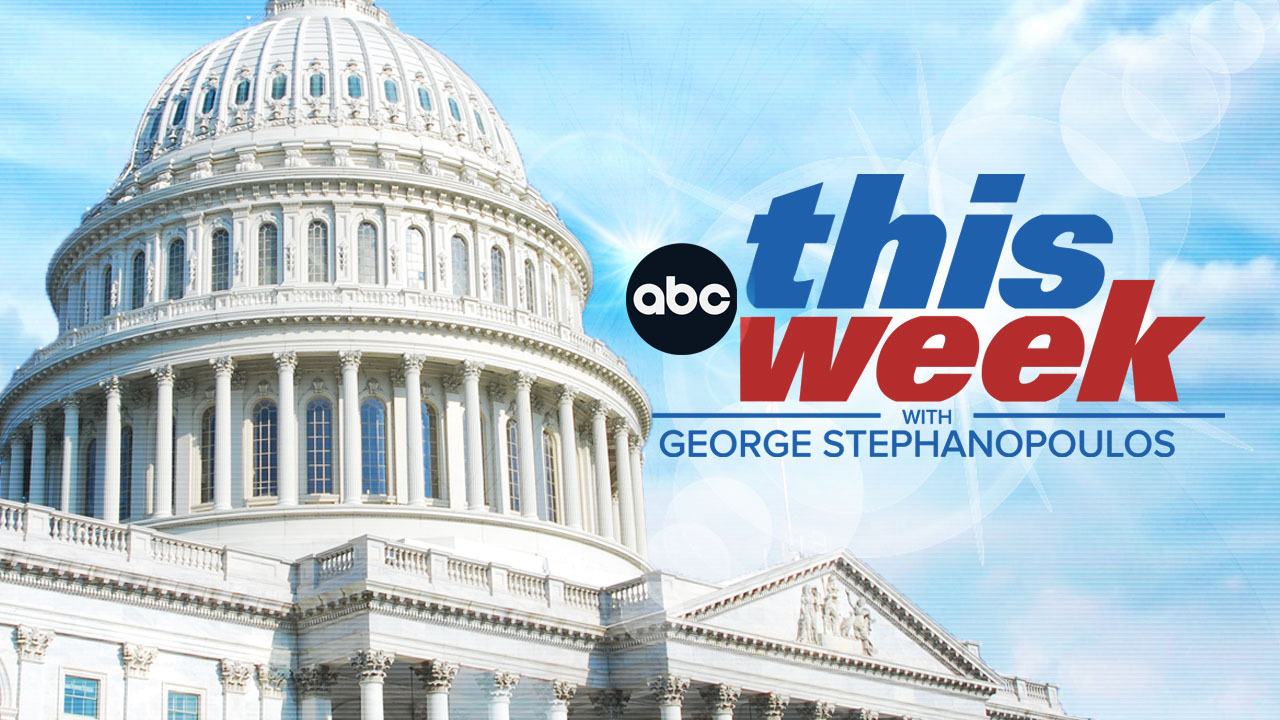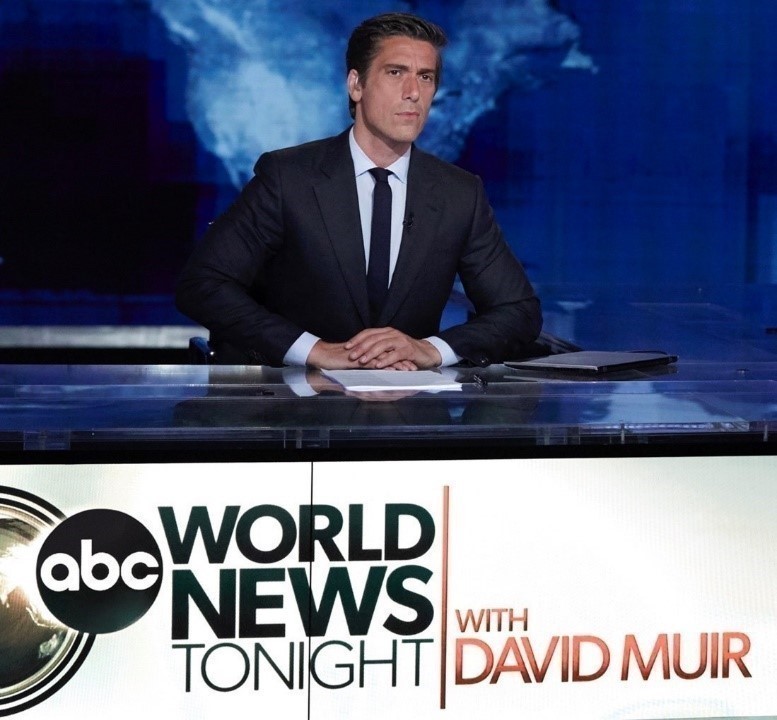WHEN: Today, Tuesday, January 30, 2024
WHERE: CNBC’s “Squawk on the Street”
Following is an excerpt from the unofficial transcript of a CNBC exclusive interview with Citadel CEO Ken Griffin on CNBC’s “Squawk on the Street” (M-F, 9AM-11AM ET) today, Tuesday, January 30 live from the MFA Network 2024 conference in Miami Beach, FL. More of the interview is available on CNBC.com: https://www.cnbc.com/2024/01/30/watch-citadel-ceo-ken-griffin-talk-financial-markets-wall-street-and-his-outlook-for-2024.html.
All references must be sourced to CNBC.
KEN GRIFFIN: More in the pro-independence action of the Taiwanese political class and yet China was able to be very thoughtful in its choice of words and to I wouldn’t say embrace the moment, but to play through the moment in a constructive way. And we need that tone in this world. If there were a rupture around Taiwan, it would be catastrophic to both the Chinese and to the American economy. And by catastrophic I think you’re looking at great depression circumstances.
LESLIE PICKER: If there were some sort, you say rupture, a war, some sort of attack?
GRIFFIN: If we lost access to Taiwanese semiconductors, how many weeks until Tesla stops making cars? Or GM? Or Ford? Or Boeing stops making planes? Those chips are used in every part of our economy. Estimates range from a GDP hit of between 8 and 10 percent if we lost access to Taiwanese semiconductors. So, it’s really important as a matter of national economic security that we’re able to maintain peace in that region of the world.
PICKER: What about American competitiveness with China? You touched on that briefly. Elon Musk said last week the only thing stopping Chinese EV makers is protectionism. Basically trade barriers. BYD dethroned Tesla in the fourth quarter as the top EV seller. And then just this morning, GM came out, reported a steep decline in operating income, in part due to losses from its EV unit. What do you make of the state of American competitiveness with China, especially as it pertains to some of our key industries, EVs, chips, etc.?
GRIFFIN: So you, solar. EVs. Consumer electronics. These are all areas in which the Chinese have done extraordinarily well from a competitor perspective. And watching BYD surpass Tesla in global sales was a bit of a heartbreaking moment. But we often lose sight of the fact that the Chinese economy represents 1.4 billion people. So, they have a huge advantage when it comes to simple economies of scale, combined with a strong education system that produces four times as many STEM graduates. We’ve got a real competitor in China. And Elon’s right, that the that the west has to grapple with the issue, Europe in particular, California, trying to achieve a very, very different future in terms of how we consume energy in an EV-led future in particular. You know, California wants no internal combustion cars in the foreseeable future. Are we going to make that happen by buying Chinese vehicles? Because that’s the most cost-effective way to do so for American consumers.
PICKER: What do you think?
GRIFFIN: I think that’s a really hard pill to swallow.
PICKER: So, what would you suggest from a policy standpoint?
GRIFFIN: From a policy perspective, how fast do we need to push the drive towards EVs? How much do we need to accelerate that at a moment in time where the U.S. companies, your Fords and GMs, are still trying to catch up with Tesla. And Tesla has one great asset. Elon is a phenomenal entrepreneur. And I think that don’t lose sight of the fact that Tesla makes a great car, but there’s an opportunity at Tesla to create the software platform for the future of automobiles. The self-driving car, good chance will first happen at Tesla.
PICKER: Speaking of policy, I alluded that we were going to talk a little politics. We may need a music change but, you know, we’ll keep plowing through.
GRIFFIN: Or is this going to be like the funeral song?
PICKER: In the fall, it was reported that you were contemplating supporting Nikki Haley for president. Did you ultimately support her, and what’s your thinking in this current post-Iowa, post-New Hampshire cycle?
GRIFFIN: So here’s the big picture. We’re down to two people on the Republican side running for president. I have supported Nikki Haley. I think she is a tremendous candidate. And I’ve been pretty consistent. I wish, on both sides, we would have a candidate of a younger generation. Now, big picture, Trump’s running on a record of success. His four years were really good policies for America. And to be clear, I think a lot of Americans want a safer world. And I think we all felt safer with Trump as president than we do right now. I mean we’ve got a war in the Ukraine. We’ve got a terrible situation in the Middle East. I think the United States has failed to demonstrate strength and commitment to our allies in a way that has really undermined the global order. So, I know many of us, me included, you know, struggle with some of Trump’s behaviors, but there was a dimension of greater global security with him as president, particularly from U.S. interests. So, I think that’s a really important tailwind that he’s enjoying right now. And then, frankly, for all the talk of, of Trump taking away our democracy, I’ve got to tell you, American voters are really disturbed by what happened in Colorado. They took him off the list of candidates. I mean, like, wow. Republicans fight for whether or not you show up with an ID to vote, and the Democrats just remove the opponent from the ballot. That’s a really dark world. So, I think Trump’s got both the benefit of having the proven success that he had as president, the sense of global insecurity that makes voters anxious, and he, I mean to be blunt, he’s the martyr right now. You know, he is under criminal 90 some different felony charges. His name is being removed from ballots. It’s hard not to feel some level of just like, this is just wrong. This is just unfair. And, frankly, as a voter, I want my vote to determine who is the president and not some clever legal maneuvers by somebody on the opposing aisle, side of the aisle. So, it’s a really interesting moment. And then, you know, frankly, I think Nikki Haley would run away with the general election. I think—
PICKER: Do you think, at this point, she still has a pathway to getting the nomination?
GRIFFIN: It’s a narrower road than it was eight weeks ago. It’s just narrower. The and I think part of this is is fueled by the by the geopolitical backdrop, the events recently in the Middle East over the even the last couple of days, right, we now have dead Americans, three Americans killed in service. That’s heartbreaking. And I think there’s a sense of, do we want to return to a president who is just viewed as more powerful, more in charge? And that’s going to be difficult for Nikki to overcome right now. Her poise, admirable. Her foreign policy experience, tremendous. Her ability to unite this country, phenomenal. I just don’t know though that at this moment that’s going to get her where she needs to get to in South Carolina and thereafter.
PICKER: In a Trump-Biden matchup, would you support Trump?
GRIFFIN: I would probably be where the prior group said 70 percent of Americans don’t want that matchup. I’m in the 70 percent.
PICKER: So maybe you’ll sit this one out?
GRIFFIN: You know what, here’s the big picture. And I’ve said this to my friends who are involved in politics, you can be frustrated, you can be angry, you can be disappointed, but you can’t be uninvolved. So, I’ve been involved in a number of the Senate races, a number of the House races. I’ll be very deeply involved here in Florida, in Florida races locally. Just because we can struggle with who our choice of president is doesn’t mean that we have to walk away from the field. You know, there’s people like Dave McCormick running in Pennsylvania. David has served our nation. West Point grad. Successful in business. He would bring to D.C. the gravitas that we want. Gravitas.
PICKER: Worked in this industry.
GRIFFIN: Worked in this industry. Don’t hold that against him. But he would bring the gravitas that we want in people who serve in public service. He put his life on the line for the country. That’s who we want in D.C., people that will put America first. So, I’m going to be very involved –
CARL QUINTANILLA: That’s Leslie Picker with Citadel’s Ken Griffin in Miami. You can watch more of that live exclusive interview right now on cnbc.com.


